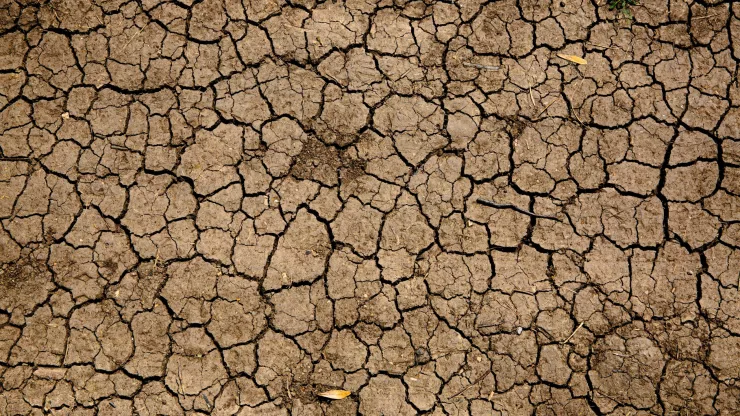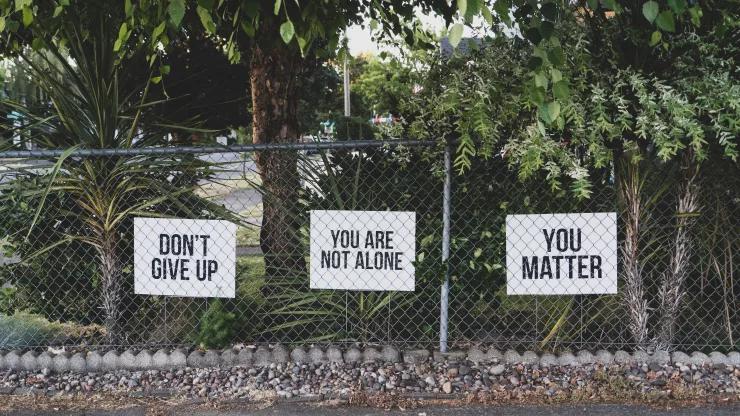Climate change is a global problem that affects everyone, and its impact on the environment is well-documented. However, what is often overlooked is how climate change affects our happiness and well-being.
Studies have shown that climate change can have a profound impact on our mental health and social well-being.
In this article, we will explore the surprising ways that climate change affects our happiness and well-being, as well as ways to boost our resilience and take action for a happier future.
Jump to Section
Climate Change: A Threat to Happiness
Climate change is a threat to our happiness and well-being because it affects the environment we live in.
The rising temperatures, extreme weather events, and natural disasters associated with climate change can cause physical damage to our homes, communities, and natural resources.
This can lead to feelings of fear, anxiety, and helplessness, which can negatively impact our mental health.
In addition, climate change can also affect our access to basic needs such as food and water. As droughts and floods become more common, crops can fail, and clean water sources can become contaminated.
This can lead to food and water shortages, which can cause stress and anxiety, especially in vulnerable communities.
How Climate Change Affects Mental Health
Climate change can have a significant impact on our mental health. Studies have shown that exposure to extreme weather events, such as hurricanes and floods, can lead to post-traumatic stress disorder (PTSD), depression, and anxiety. The uncertainty and unpredictability of climate change can also cause feelings of anxiety and helplessness.
Furthermore, climate change can exacerbate existing mental health conditions. For example, air pollution, which is worsened by climate change, can trigger asthma and other respiratory conditions, which can cause anxiety and depression.
The Connection Between Climate and Social Well-being
Climate change can also affect our social well-being. Natural disasters and extreme weather events can disrupt communities, causing social isolation and a breakdown of social networks.
This can lead to feelings of loneliness and depression.
In addition, climate change can exacerbate existing social inequalities.
Vulnerable communities, such as low-income and marginalized populations, are often the most affected by climate change, as they have fewer resources to adapt and recover from its impact.
This can lead to a widening of social inequalities and further marginalization.
The Positive Side of Climate Change
While climate change is largely seen as a negative phenomenon, there are some positive impacts of climate change that are often overlooked.
For example, warmer temperatures can lead to longer growing seasons and increased crop yields in some regions.
This can improve food security and provide economic benefits to farmers.
Furthermore, renewable energy sources, such as wind and solar power, are becoming more accessible and affordable. This can lead to a reduction in greenhouse gas emissions and a cleaner environment.
How to Boost Your Resilience to Climate Change
Boosting our resilience to climate change is essential for maintaining our happiness and well-being. One way to do this is by practicing mindfulness and self-care.
This can include activities such as meditation, yoga, and spending time in nature.
Another way to boost resilience is by building strong social connections and networks. This can involve joining community groups, volunteering, or participating in social activities.
Finally, taking action to reduce our carbon footprint and mitigate the impact of climate change can also boost our resilience and sense of purpose. This can involve actions such as reducing our energy consumption, using public transportation, and supporting policies that prioritize environmental protection.
Taking Action for a Happier Future
Taking action to address climate change is essential for creating a happier and healthier future. This can involve individual actions, such as reducing our carbon footprint and supporting environmentally-friendly policies, as well as collective actions, such as joining community groups and advocating for change.
In addition, it is important to prioritize policies and programs that prioritize the well-being of vulnerable communities and promote social equality. This can help to mitigate the impact of climate change on these communities and ensure that everyone can enjoy a happy and healthy future.
Climate change is a complex and multifaceted issue that affects us all.
However, by understanding its impact on our happiness and well-being, we can take action to boost our resilience and create a happier and healthier future.
By prioritizing mindfulness, social connections, and environmental action, we can build a more resilient and sustainable world for ourselves and future generations.

With a deep passion for personal development, Ben has dedicated his career to inspiring and guiding others on their journey towards self-improvement.
His love for learning and sharing knowledge about personal growth strategies, mindfulness, and goal-setting principles has led him to create My Virtual Life Coach.
Contact Ben at [email protected] for assistance.




